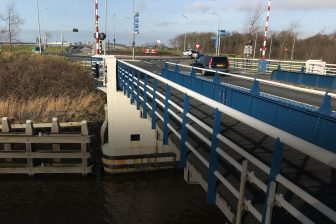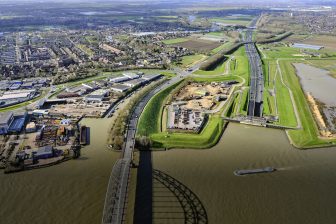600 mln dollar for PPP in infrastructure Pakistan
$600 Million Boost for Private Participation in Developing Infrastructure in Pakistan
Manila, Philippines – ADB is lending $600 million to help increase private sector participation in infrastructure development in Pakistan. The program should attract private investment in the power, transport, and water subsectors by helping establish a comprehensive framework that will address key policy, legal, regulatory, and institutional constraints to private participation in these areas.
The Government recognizes that infrastructure development is a key factor in sustaining economic growth and reducing poverty. However, given fiscal constraints, alternative approaches are needed to finance these investments, including the participation of the private sector.
The Government has identified $81 billion in investments as likely coming from the private sector over 2005-2010, but nearly 70% of this is expected to go to manufacturing, agriculture, and housing. The Government wants to boost private participation in infrastructure, such as for power provision, transport services, and access to drinking water.
“The ADB program will support the Government in creating an environment that encourages and supports private participation in infrastructure, rather than building the needed infrastructure exclusively with public funds,” says Jurgen Conrad, an ADB Senior Financial Economist. “Given the scarcity of financial resources, this is the only feasible approach for addressing the mismatch between limited supply and increasing demand for infrastructure.”
The program comprises two subprograms, the first of which involves a $400 million loan from ADB’s ordinary capital resources. The loan carries a 15-year term, including a grace period of three years. The interest rate will be determined according to ADB’s LIBOR-based lending facility. Subprogram 2 for $200 million will continue the reforms after successful implementation of the first subprogram.
Under the first subprogram, pilot projects will be carried out to demonstrate how infrastructure projects involving private participation can be successfully prepared and implemented in previously unregulated areas.
Several government agencies have started to build strong pipelines of projects to be tendered to the private sector, and the program will provide a mechanism for arbitration to protect investors, and standardize bidding procedures and documents to increase transparency.
About 40 projects are expected to materialize under the subprogram, with private resources financing more than 80% of overall investment costs. A high level policy task force has already been established to oversee program implementation.
A technical assistance grant of $1 million from the Japan Special Fund, funded by the Government of Japan, will help the Government carry out the reforms called for under the loan.
The Ministry of Finance is the executing agency for the first subprogram, which will be carried out over three years. The second subprogram will be processed toward the end of the first and run for another four years to 2013.
U las zojuist één van de gratis premium artikelen
Onbeperkt lezen? Profiteer nu van de introductieaanbieding voor € 10,- per maand.
Bent u al abonnee?


